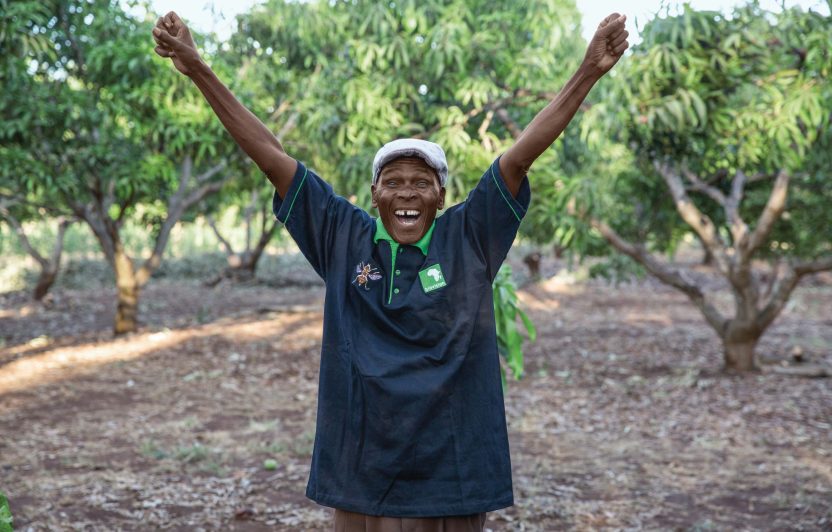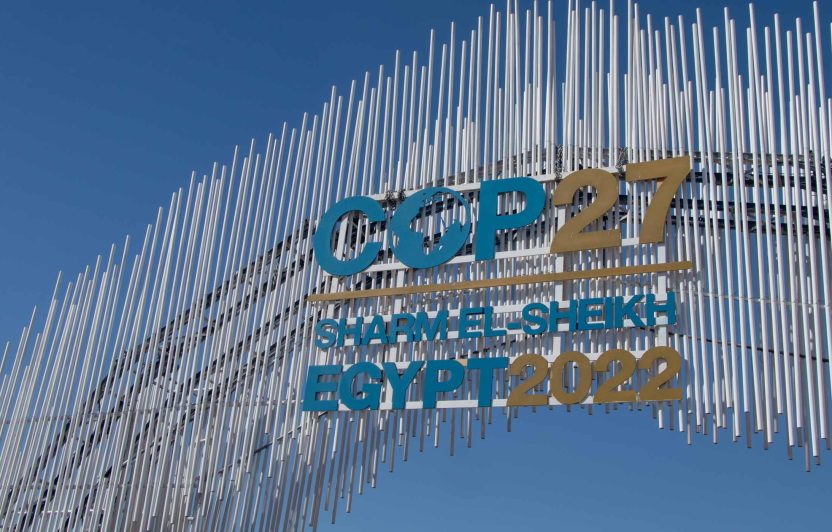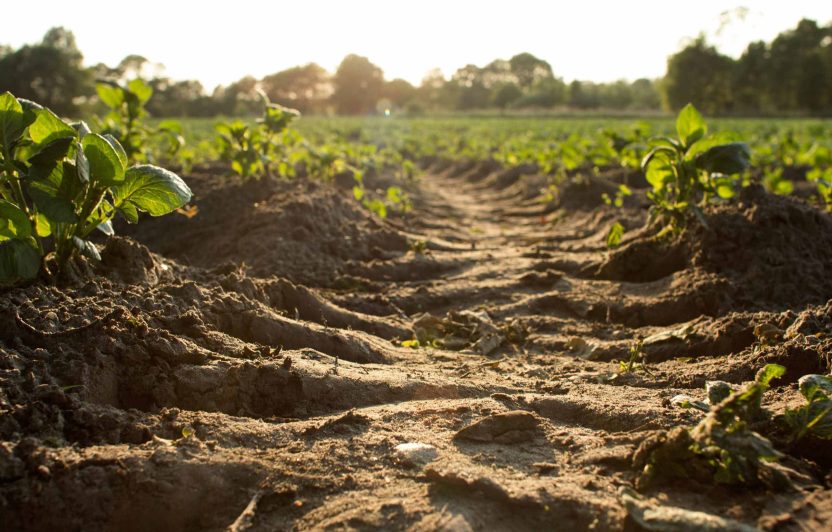A group of 16 pupils from Class 1b at the Canton School Kollegium Schwyz eagerly enter the classroom, where instead of the normal tables and chairs, they find a small shop stocked with a range of basic foodstuffs: vegetables, fruit, bread, cheese and much more. The products are not real but are there as part of an exercise in sustainable shopping. Lea grabs a shopping basket and Tamara reads out what they have to do: “Shop for an evening sleepover with friends followed by breakfast the next morning”. The three of them quickly decide the menu for the evening meal, opting for vegetable sticks and dips, penne pasta with tomato sauce and as dessert bananas with chocolate sauce. For breakfast, there is bread, butter, cheese and honey. They then look for the products on the shelves and discuss what to buy. Which are the more sustainable: organic tomatoes from Spain or non-organic from Switzerland? When are cucumbers in season? Does margarine contain palm oil? To what extent do milk and cheese harm the environment?
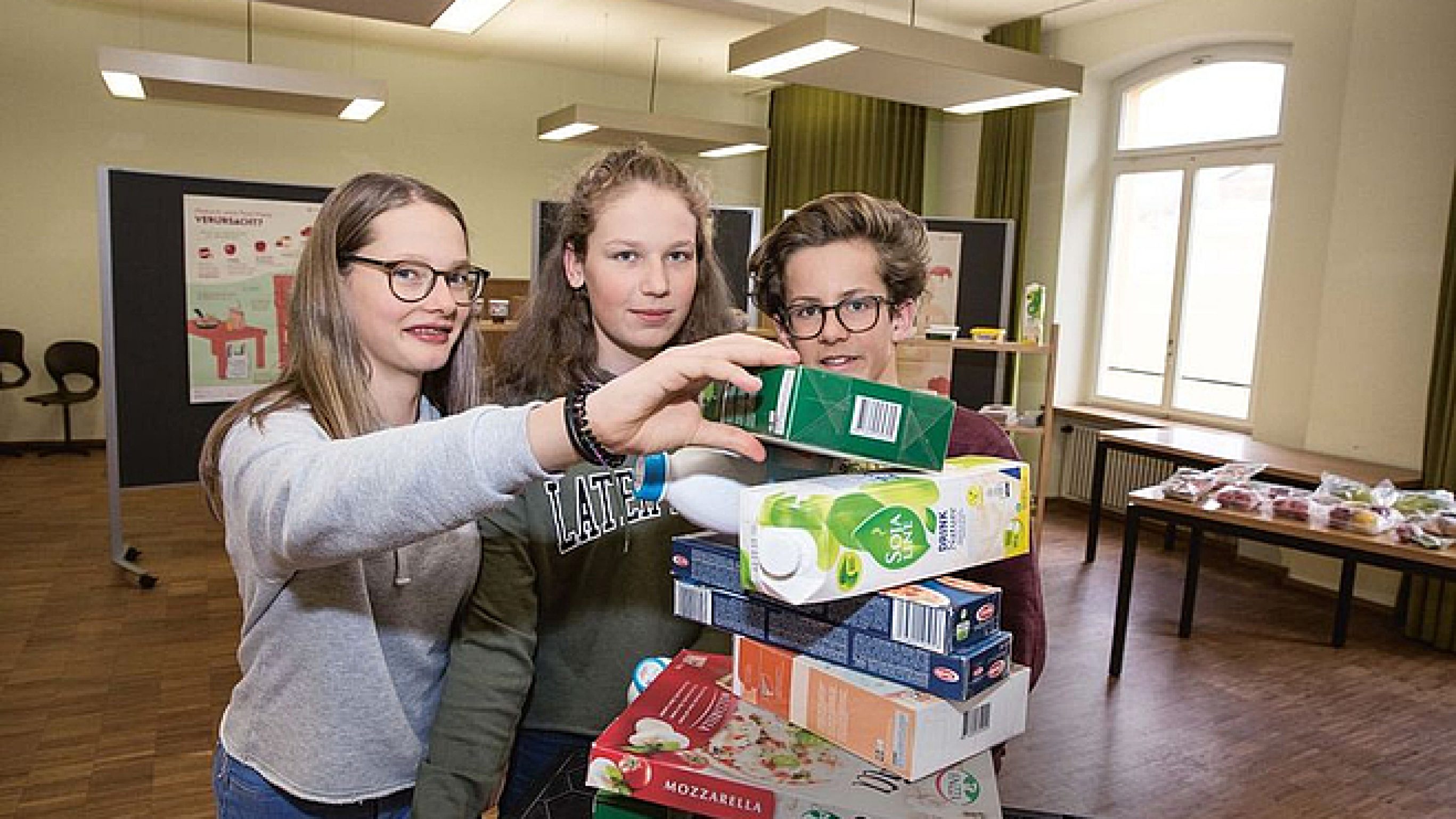
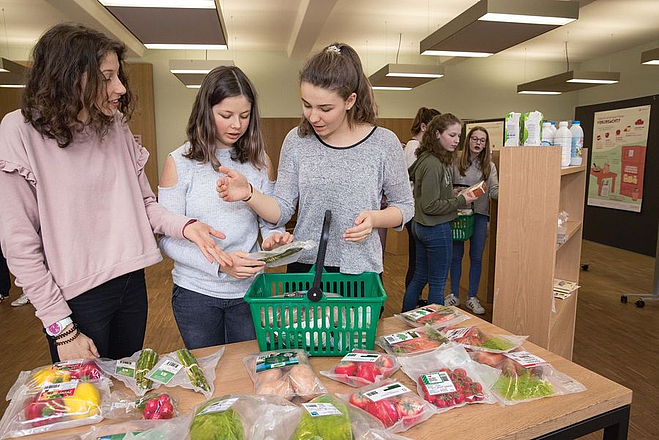
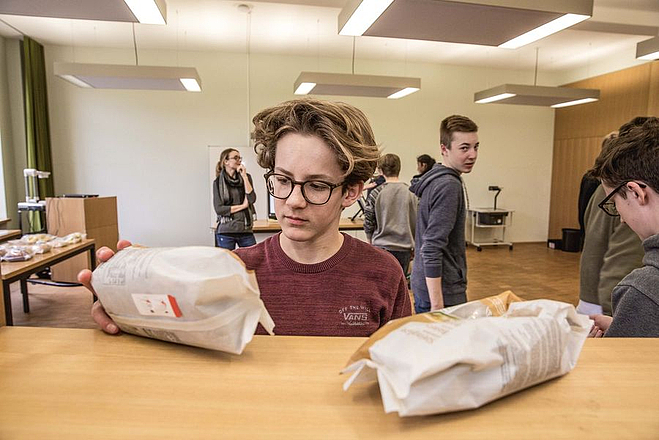
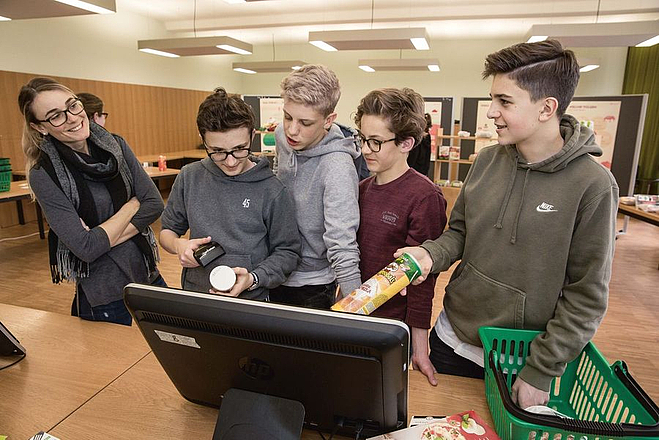

CLEVER provides the answers and shows the true cost
Cindy scans the purchases at the checkout and is immediately given the results for each product. A spider chart is displayed on screen, showing the impact of their choices on humans, animals and the environment. Dairy products come out worse than expected: They are wasteful in terms of resources and the production of animal feed, caring for the animals and food processing damage the environment. Almost all margarine contains palm oil. The cucumber season lasts from mid-April to the end of October and conventional tomatoes from Switzerland score almost the same as the Spanish organic tomatoes because the latter incur food miles and are irrigated artificially.
Simple rules for sustainable shopping
Since 2014, the Canton School Kollegium Schwyz has run project days on sustainable consumption for its first year pupils; Biovision provides it with a smaller version of its mobile exhibition CLEVER. “The exhibition, together with the fun online shop at www.clever-konsumieren.ch, the CLEVER stand for events and school visits are practical ways of discovering what each of us can contribute to the Sustainable Development Goals,” says Marcel Anderegg, who manages the CLEVER exhibition for Biovision. He explains what that means in practice: “Buy regional fruit and vegetables when they are in season, if possible from the market or direct from local farmers. Enjoy dairy products, eggs and meat but regard them as a delicacy. Look for labels that denote that a product is ecological or fair trade and wherever possible avoid food waste and palm oil.”
Check the label!
Labels identify products that are produced in accordance with defined criteria and standards. However, there are innumerable quality labels out there and it is often difficult to sort the wood from the trees. The website labelinfo.ch can help here: It provides detailed information on environmental and social labels, including assessments of more than 120 quality seals (only in French and German) and so provides a helpful guide through the label jungle. The most important labels in Switzerland include Demeter, the “Bud” symbol of Bio Suisse, Fairtrade (Max Havelaar, Gebana, Claro), Coop Naturaplan and Migros Bio.


